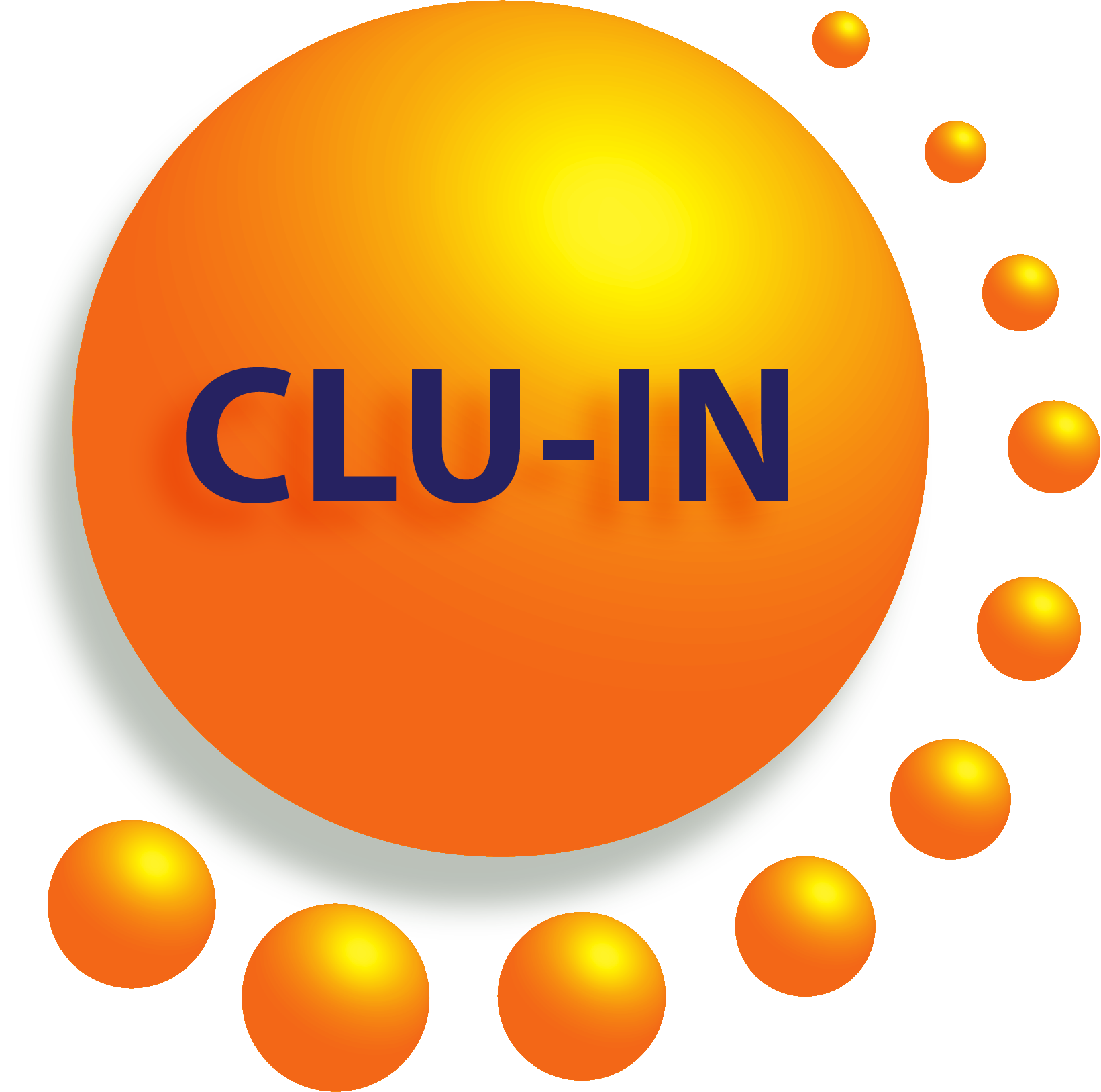FRTR Spring 2025 General Meeting
Sponsored by: Federal Remediation Technologies Roundtable (FRTR)
The Spring 2025 General Meeting of the FRTR focuses on innovative approaches to characterize and survey complex mixtures of legacy and emerging contaminants in surface and subsurface environmental media. These include characterization of PFAS mixed with legacy contaminants, and the survey of organo-metallic and radiological contaminants to advance industrial application, enhance efficiency and reduce cost of remediation.
Presentations and discussions will address innovative technologies for:
- Identification and definition of contaminant extent in three-dimensions
- Contaminant sampling and surveying using modeling and statistical approaches
- Developing Visual Sampling Plans
- Supporting regulatory compliance and end-state remediation and cleanup decisions
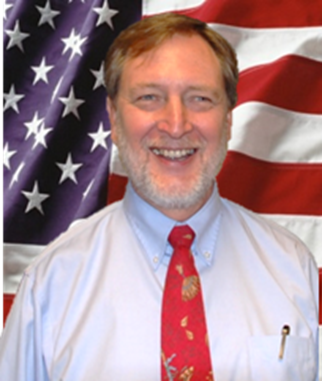 Kent Glover, Ph.D., U.S. Air Force Civil Engineer Center (AFCEC) (kent.glover@us.af.mil)
Kent Glover, Ph.D., U.S. Air Force Civil Engineer Center (AFCEC) (kent.glover@us.af.mil)
Dr. Glover has been involved in groundwater and vadose zone remediation since the early 1980s. Currently, he is the Air Force Subject Matter Expert (SME) for Remediation Systems and provides technical leadership in remedy selection, implementation, performance evaluation and optimization. He also provides expertise in numerical modeling of contaminant fate and transport, and remediation of non-aqueous phase liquids. Before coming to the Air Force in 2010, he was a Principal Scientist for several engineering firms providing consulting services to private sector and governmental clients. From 1976 until 1989, he served in the U.S. Geological Survey as a hydrologist for groundwater contamination and water resources projects across the western United States. He holds a Ph.D. and M.S. in Environmental Science and Engineering from Colorado School of Mines and a B.S. in Watershed Science from Colorado State University.
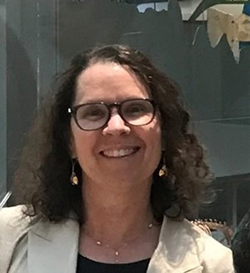 Cal Baier-Anderson, U.S. EPA Office of Land and Emergency Management (OLEM), Federal Facilities Restoration and Reuse Office (FFRRO) (baier-anderson.caroline@epa.gov or 202-564-0638)
Cal Baier-Anderson, U.S. EPA Office of Land and Emergency Management (OLEM), Federal Facilities Restoration and Reuse Office (FFRRO) (baier-anderson.caroline@epa.gov or 202-564-0638)
Cal Baier-Anderson is a Physical Scientist with the US Environmental Protection Agency in the Federal Facilities Restoration and Reuse Office (FFRRO) of the EPA's Office of Land and Emergency Management (OLEM). Cal's work in FFRRO focuses on promoting consistent and effective cleanups at federal facilities Superfund sites. This includes leading PFAS problem-solving work groups and implementing considerations for environmental justice at Federal Facilities Superfund Sites.
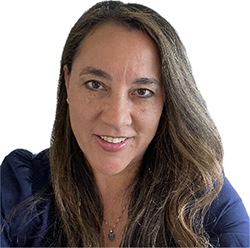 Cynthia Barr, Senior Risk Analyst, NRC (cynthia.barr@nrc.gov)
Cynthia Barr, Senior Risk Analyst, NRC (cynthia.barr@nrc.gov)
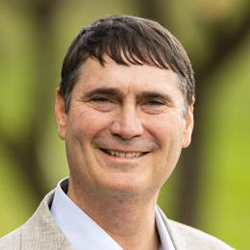 Robert Stewart, Professor and Distinguished Scientist, Statistical Group ORNL and University of Tennessee (Stewartrn@ornl.gov or 865-574-7646)
Robert Stewart, Professor and Distinguished Scientist, Statistical Group ORNL and University of Tennessee (Stewartrn@ornl.gov or 865-574-7646)
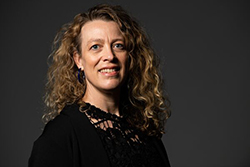 Jen Willis (jen.willis@pnnl.gov)
Jen Willis (jen.willis@pnnl.gov)
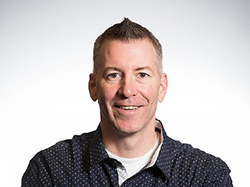 Rob Mackley, Environmental Engineer, Deep Vadose Zone Program Manager, (rdm@pnnl.gov or 509-372-6312)
Rob Mackley, Environmental Engineer, Deep Vadose Zone Program Manager, (rdm@pnnl.gov or 509-372-6312)
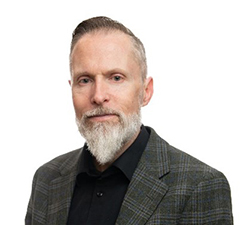 Fred Day-Lewis, Pacific Northwest National Laboratory (frederick.day-lewis@pnnl.gov)
Fred Day-Lewis, Pacific Northwest National Laboratory (frederick.day-lewis@pnnl.gov)
Fred Day-Lewis joined PNNL in 2021 as a Chief Geophysicist and Lab Fellow in the Environmental Subsurface Science Group within the Earth Systems Science Division. Prior to starting at PNNL, Fred worked for the U.S. Geological Survey for 18 years as a Research Hydrologist. Fred has worked on a variety of applied-research projects related to subsurface characterization and monitoring, groundwater remediation, groundwater/surface-water exchange, geophysical inverse problems, thermal methods, and hydrologic parameter estimation. Fred currently serves as an associate editor for the journal Groundwater. He previously served as an associate editor for Water Resources Research, Geosphere, and Hydrogeology Journal. Fred is a past president of the American Geophysical Union Near Surface Geophysics Section. He was elected Fellow of the Geological Society of America in 2015 for seminal contributions to hydrogeophysics. He is a 2023 recipient of the Harold Mooney Award from the Society of Exploration Geophysicists for contributions to the near-surface geophysics community. He received a PhD from Stanford University and BA and BS from the University of New Hampshire.
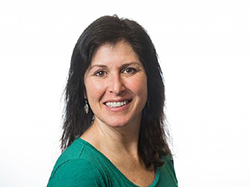 Judy Robinson, Computational Geophysics Team Leader, PNNL (judith.robinson@pnnl.gov)
Judy Robinson, Computational Geophysics Team Leader, PNNL (judith.robinson@pnnl.gov)
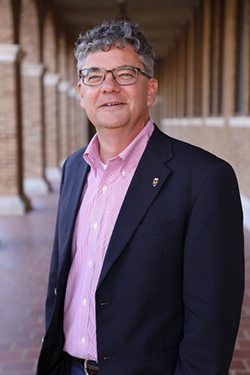 W. Andrew Jackson, Department Chair, Civil Environmental and Construction Engineering, Texas Tech University (Andrew.jackson@ttu.edu or 806-834-6575.)
W. Andrew Jackson, Department Chair, Civil Environmental and Construction Engineering, Texas Tech University (Andrew.jackson@ttu.edu or 806-834-6575.)
Carol Eddy-Dilek, Savannah River National Laboratory (carol.eddy-dilek@srnl.doe.gov)
Carol Eddy-Dilek is a Laboratory Fellow at the Department of Energy Savannah River National Laboratory. For the past 33 years, she has worked on a variety of programs focused on development and deployment of innovative approaches and tools for environmental characterization and remediation, specifically, the design and optimization of phased characterization strategies that can be applied to complex and challenging environments. Her efforts resulted in the successful development or deployment of over twenty innovative methods for subsurface access and characterization that have been successfully applied within the DOE complex. Since 2002, she has been the technical lead for the Department of Energy's Technical Assistance program at the Savannah River National Laboratory that provides technical support to the DOE complex. Since 2006, she has organized more than 25 teams that have visited eleven DOE sites and made recommendations yielding an estimated cost savings of $100M. She is currently the lead for the DOE EM ALTEMIS project to develop a new paradigm of long-term monitoring based on state-of-art technologies — in situ groundwater sensors, geophysics, drone/satellite-based remote sensing, reactive transport modeling, and AI — that will improve effectiveness and robustness of monitoring, while reducing the overall cost. She is also the lead for the EM National Laboratories activities focused on expanding the Office of Legacy Management access to EM technical expertise in the development and deployment of environmental strategies.
Moderators:
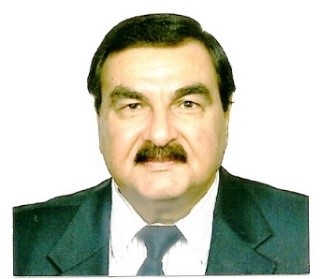 Boby Abu-Eid, Division of Decommissioning, Uranium Recovery, and Waste Programs, Office of Nuclear Material Safety and Safeguards, U.S. Nuclear Regulatory Commission (boby.abu-eid@nrc.gov or 301-415-5811)
Boby Abu-Eid, Division of Decommissioning, Uranium Recovery, and Waste Programs, Office of Nuclear Material Safety and Safeguards, U.S. Nuclear Regulatory Commission (boby.abu-eid@nrc.gov or 301-415-5811)
Dr. Eid is a Senior Level (SLS) Advisor at the US NRC. He provides high level advice on technical and policy issues involving decommissioning, uranium recovery, low-level waste, and environmental protection. He is a member of the Multi-Agency Radiation Survey and Site Investigation Manual (MARSSIM) workgroup and NRC's lead representative on Multi-Agency Radiological Laboratory Analytical Protocols (MARLAP). Before joining the NRC, Dr. Eid conducted research and/or taught at: MIT, University of Bonn, Kuwait Institute for Scientific Research, and Carnegie Institution of Washington. In his present position, Dr. Eid's key activities involve technical/policy analysis; risk analysis and safety reviews, development of models/codes for decommissioning and waste management, new technology developments, and development of multi-agency guidance and protocols. He was a key contributor to assessment and development of NRC regulations and guidance for cleanup and decommissioning for license termination and site release. He holds a Ph.D. from MIT. He is a recipient of NRC's meritorious service award and on the advisory board of national and international conferences.
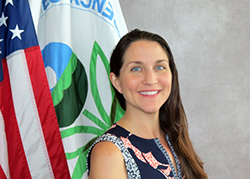 Jean Balent, U.S. EPA Technology Innovation and Field Services Division (balent.jean@epa.gov or 202-566-0832)
Jean Balent, U.S. EPA Technology Innovation and Field Services Division (balent.jean@epa.gov or 202-566-0832)
Ms Balent is on the staff of the EPA's Technology Innovation and Field Services Division where she has worked to collect and disseminate hazardous waste remediation and characterization information since 2003. Ms Balent manages the Clean Up Information Network website and actively supports online communication and collaboration resources available to EPA. She formerly worked with the US Army Corps of Engineers Environmental Engineering Division in the Buffalo District. Ms Balent was also a member of the SUNY-Buffalo Groundwater Research Group where she constructed and tested large scale models of groundwater flow. Ms Balent has also conducted research relating to the Great Lakes, environmental remediation, and brownfields re-development. She holds a Bachelor's degree in environmental engineering from SUNY-Buffalo and a Master's degree in Information Technology from AIU.
- These materials will be available by
Webinar Slides and References:
- These materials will be available by
Additional Resources:
Thank you for participating in our webinar. We would like to receive any feedback you might have that would make this service more valuable.
Help & FAQs
- Frequently Asked Questions
- Content Questions?
Call Mike Adam at 202-566-0875 or adam.michael@epa.gov - Technical Problems?
Leave us a comment - Cancel Your Registration
- My Participation Records
- CEU Credits and PDHs
Zoom Resources
Before Webinar Day
This seminar will be delivered through Zoom. Participants are encouraged to update to the latest version of the Zoom application for the best experience.
If you are unable to install the Zoom application, most functions will be available if you join just using a modern web browser such as Chrome, Edge or Firefox. We strongly encourage you to run the Zoom Meeting Test prior to attending this webinar. Technical support on the day of the webinar will be very limited and subject to significant delays.
Backup Conference Call
If you cannot participate using online audio, you may join the optional call in line. After checking in for the live event using the instructions listed below, you will see several options to participate. Please click the links in option 4 to follow along by phone and obtain the call in number. If you cannot access the phone number, you may request the call in line from the event moderator in the Q&A or send an email to Jean Balent at balent.jean@epa.gov
Click on "Join Webinar" at the top of this screen, enter your exact first and last name as you registered and enter the number of people attending at your location (including yourself). You should then be taken to the Zoom meeting room. Join with Zoom Application: For those joining with the Zoom application, you may be prompted to sign with a zoom account or join as a guest without signing in.
If joining as a guest, you will be prompted to enter your name and email address. Remember your name, image, video or voice may be visible to others in the live event. When done, click "Join" When it is time for the live event to start, the meeting host will admit you to the live Zoom meeting. Join via web browser (without the Zoom Application): For those joining with a web browser, you may close any pop ups prompting you to download the Zoom app. The next window will allow you to enter your name (first name and last name) and check the box that you are not a robot. Click the blue join button. You may also be asked to provide your email address before joining the room. Remember your name, image, video or voice may be visible to others in the live event. When done, click "Join" When it is time for the live event to start, the meeting host will admit you to the live Zoom meeting. You may need to periodically refresh the browser window to confirm if the host has admitted you. The presenters will control what slide you are viewing. You may submit questions online for the instructors to answer during the webinar by typing in the "Q&A" area. It is not necessary to wait until the question and answer periods to submit questions. At the end of the webinar you will be guided to our feedback form and links to additional resources, including the complete presentation. These links will remain active after the webinar. Provided for your convenience. Importing or accepting the invitation within this iCalendar file is not required, and declining the invitation does not cancel your registration. For additional information on iCalendar, please see our
iCalendar Help It is EPA's policy to make reasonable accommodation to persons with disabilities wishing to participate in the agency's programs and activities, pursuant to the Rehabilitation Act of 1973, 29 U.S.C. 791. Any request for accommodation should be made to at or , preferably one week or more in advance of the webinar, so that EPA will have sufficient time to process the request. EPA would welcome specific recommendations from requestors specifying the nature or type of accommodation needed. EPA welcomes specific recommendations from requestors specifying the nature or type of accommodation needed. Please note that CLU-IN provides both alternate phone call-in options and closed captioning for all webinars, and requests for these specific accommodations are not necessary.
Webinar Day, Checking In
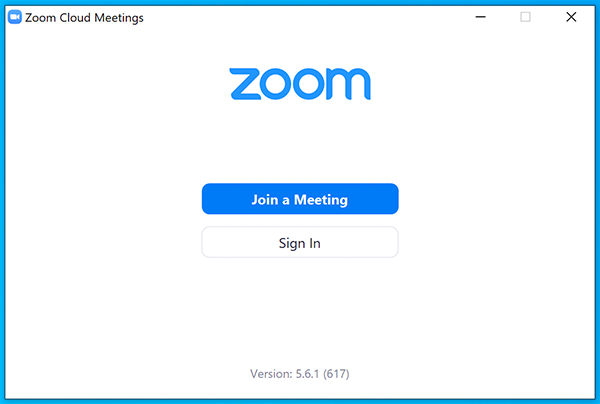
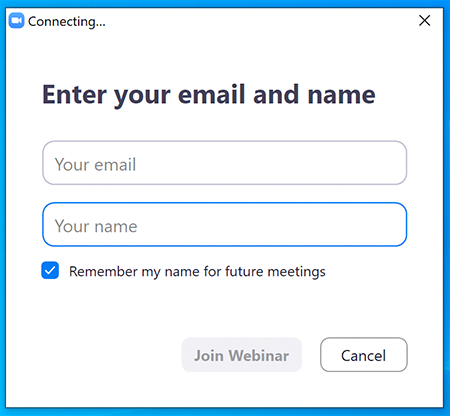
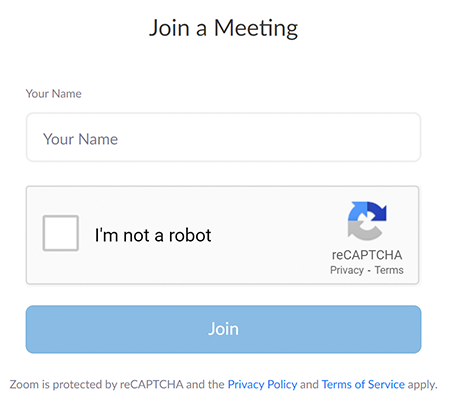
Moving Through Slides
Feedback & Links to Additional Resources
iCalendar File
Rehabilitation Act Notice for Reasonable Accommodation
Rehabilitation Act Notice for Reasonable Accommodation
It is EPA's policy to make reasonable accommodation to persons with disabilities wishing to participate in the agency's programs and activities, pursuant to the Rehabilitation Act of 1973, 29 U.S.C. 791. Any request for accommodation should be made to at or , preferably one week or more in advance of the webinar, so that EPA will have sufficient time to process the request. EPA would welcome specific recommendations from requestors specifying the nature or type of accommodation needed. EPA welcomes specific recommendations from requestors specifying the nature or type of accommodation needed. Please note that CLU-IN provides both alternate phone call-in options and closed captioning for all webinars, and requests for these specific accommodations are not necessary.
Webinar Recording
By participating in this CLU-IN webinar, you automatically agree to authorize recording of audio and visual content presented during this live event and consent to subsequent use of this recording in the public domain by the U.S. Environmental Protection Agency. This recording may include questions, comments and poll responses provided by you during the live event in addition to your name, voice, image or likeness. This recording will be made available after the conclusion of the live event as part of the CLU-IN webinar archives, and will remain available indefinitely. If you do not wish to consent to the recording, please do not join the live event, and contact Jean Balent at 202-566-0832 or balent.jean@epa.gov to discuss your concerns.
Content Disclaimer
This webinar is intended solely to provide information to the public. The views and opinions expressed as part of this webinar do not necessarily state or reflect those of the U.S. Environmental Protection Agency. It is not intended, nor can it be relied upon, to create any rights enforceable by any party in litigation with the United States, or to endorse the use of products or services provided by specific vendors. With respect to this webinar, neither the United States Government nor any of their employees, makes any warranty, express or implied, including the warranties of merchantability and fitness for a particular purpose, or assumes any legal liability or responsibility for the accuracy, completeness, or usefulness of any information, apparatus, product, or process disclosed, or represents that its use would not infringe privately owned rights.

